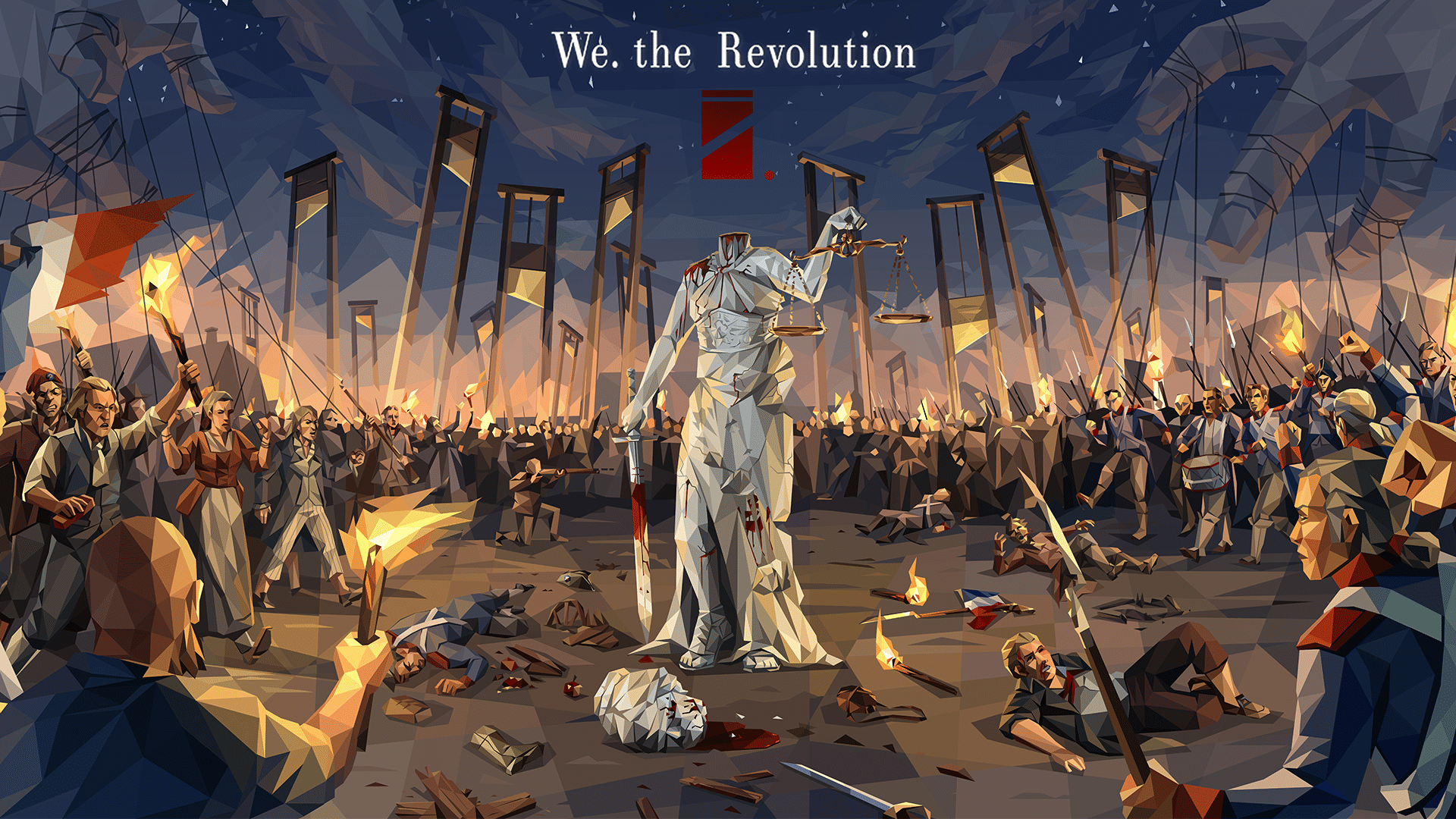

This led the colonists to believe that Spain was not as powerful as believed, and hence they capitalized on the circumstances. This made him conquer Spain and the Portuguese. He failed and hence turned his attention towards Europe itself. Napoleon Bonaparte tried to invade North America and take some colonies for France. War in Europe: As we mentioned, the English Navy was the most powerful at that time. This made them unhappy, although this unrest did not spill over until the moment was right. Although they had Spanish blood and were descendants of Spanish citizens in the true sense, they were not allowed high posts in the Government. The colonists, whose ancestry was Spanish, but were born there were known as Creoles. In case of Spanish colonies, only a Spanish pure blood could take high positions of the government in the colonies. Nepotism: It was not nepotism in the pure sense, but seeing how big the colonies were relative to the small countries that had captured them, it did seem like nepotism. We will see the causes of the revolution and the events that caused it. This had a lot of drawbacks, and is one of the main reasons of the Latin revolutions. They only let their pure blood citizens govern the colonies.

Their methods of governance were very similar though. Because of this competition, these major players were rivals to each other. It was a kind of medieval arms race, where the country had more glory if it had the maximum amount of land in the world under its governance. The three major powerhouses, namely the English, the Spanish, the French, and the Portuguese were very expansionist in their mentality. The time when the upheaval began in Latin America, there was a lot of instability in Europe. In short, there was no eradication of the native population by the colonists. Even after colonization, the ethnic population was still thriving. In the North, the Whites slowly became the dominant population. The ethnic diversity was much more prevalent in South America than in the North. The English had taken North America, eventually losing it to the colonists in the late 18th century. A majority of land was held by the Portuguese followed by the Spanish, and then the French.

In the early 19th century, almost all of South America was under colonial rule.


 0 kommentar(er)
0 kommentar(er)
